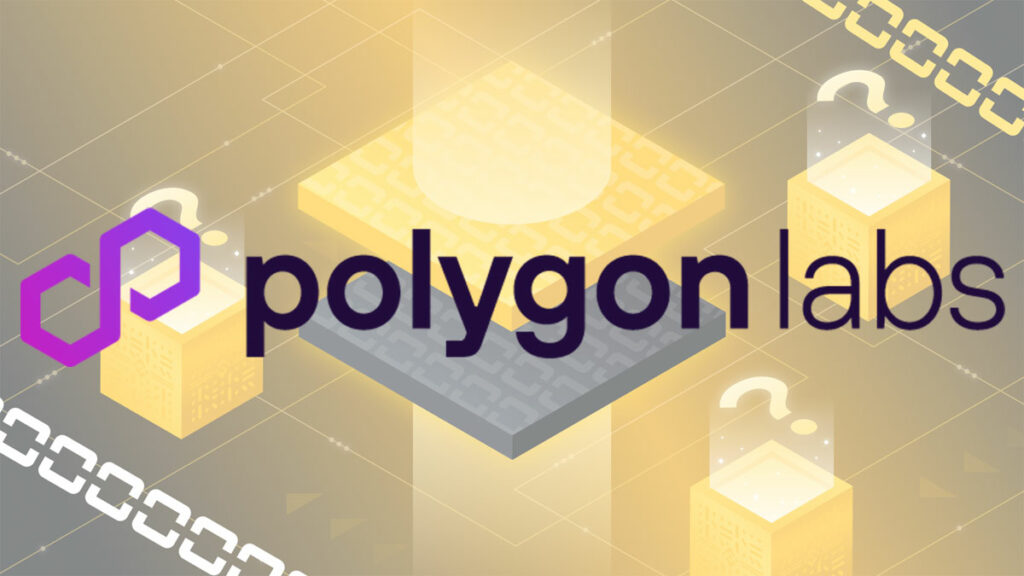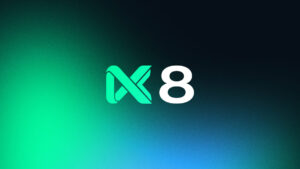TL;DR
- Polygon Labs has introduced a Type 1 prover, a significant development that allows existing Ethereum Virtual Machine (EVM) chains and optimistic rollups to integrate with the prover.
- The Type 1 prover enables any network compatible with Ethereum’s EVM standard to evolve into a layer-2 network, powered by zero-knowledge proofs.
- The Type 1 prover represents the ultimate evolution of a zkEVM, enabling the creation of ZK-proofs for any chain based on the EVM.
Polygon has announced that existing Ethereum Virtual Machine (EVM) chains and optimistic rollups can now seamlessly integrate with the prover, without any need for modifications. This integration allows them to connect to Polygon’s recently launched Aggregation layer.
Releasing the Type-1 upgrade to the zkEVM prover, the next generation of Polygon’s proving tech. It can generate proofs for any EVM chain—sidechain, optimistic rollup, even Ethereum itself.
When proving Ethereum mainnet blocks, avg per-transaction costs are $0.002 – $0.003.… pic.twitter.com/KDX8XIiwyh
— Polygon (@0xPolygon) February 8, 2024
As a result, they can tap into the entire liquidity and value present on Ethereum, according to Polygon. This is a significant development in enhancing the interoperability and functionality of the blockchain ecosystem.
Polygon Labs has introduced a “Type 1 prover” on Thursday. This new element enables any network that is compatible with Ethereum’s EVM standard to evolve into a layer-2 network, powered by zero-knowledge proofs, and to link with Polygon’s extensive ecosystem.
The Polygon team has hailed this release as a significant advancement, a technological achievement that Ethereum’s co-founder, Vitalik Buterin, has praised as crucial in making secondary layer-2 networks almost on par with the primary blockchain.
What are the Benefits and Costs of Polygon Labs’ Type 1 Prover

A Type 1 prover represents the ultimate evolution of a zkEVM. It provides the capability to upgrade any existing chain, be it Ethereum layer 1, an optimistic rollup, or an alternative L1, into a zkEVM L2. This upgraded chain can then establish a trustless connection with Ethereum and Polygon’s aggregation layer, thereby becoming a part of the Polygon ecosystem, as explained by Polygon’s co-founder Brendan Farmer.
Farmer stated that traditionally, industry stakeholders have opined that a layer-1 prover is not feasible and would be too expensive. However, the team has successfully achieved efficiency and cost-effectiveness.
This progress has intriguing consequences for the wider Ethereum ecosystem. Farmer clarified that this technology enables the creation of ZK-proofs for any chain based on the Ethereum Virtual Machine (EVM).
Currently, Polygon employs a Type 2 prover, implying that it doesn’t completely match the functionality present on the primary Ethereum blockchain. The blog post further mentioned that the Type 1 prover is capable of generating ZK proofs for blocks on the Ethereum mainnet, with an average transaction cost of $0.002-$0.003. The Type 1 prover is open-source and can be accessed on GitHub, licensed under MIT and Apache 2.0.










